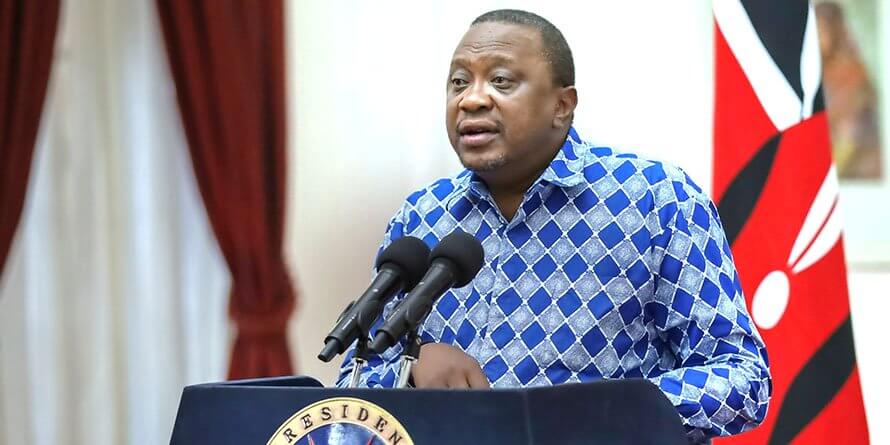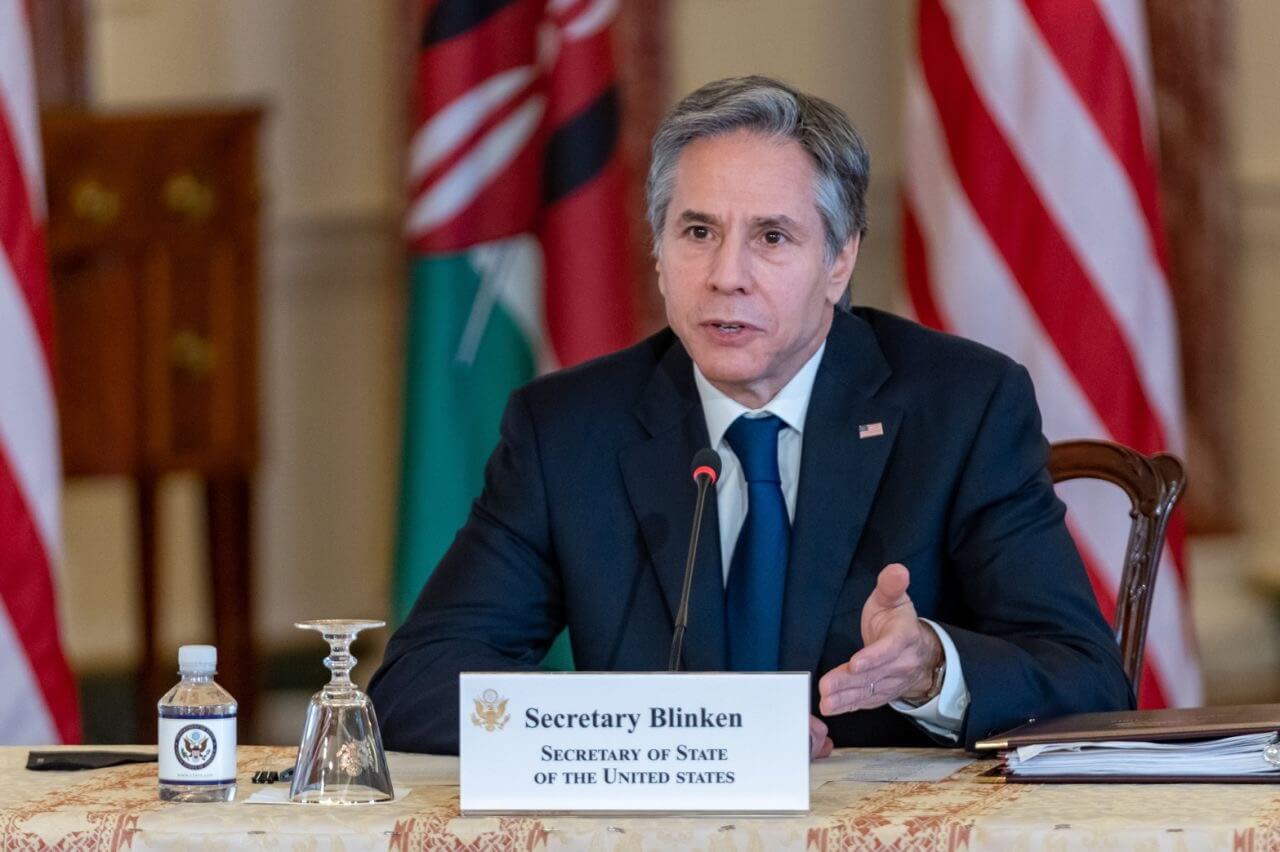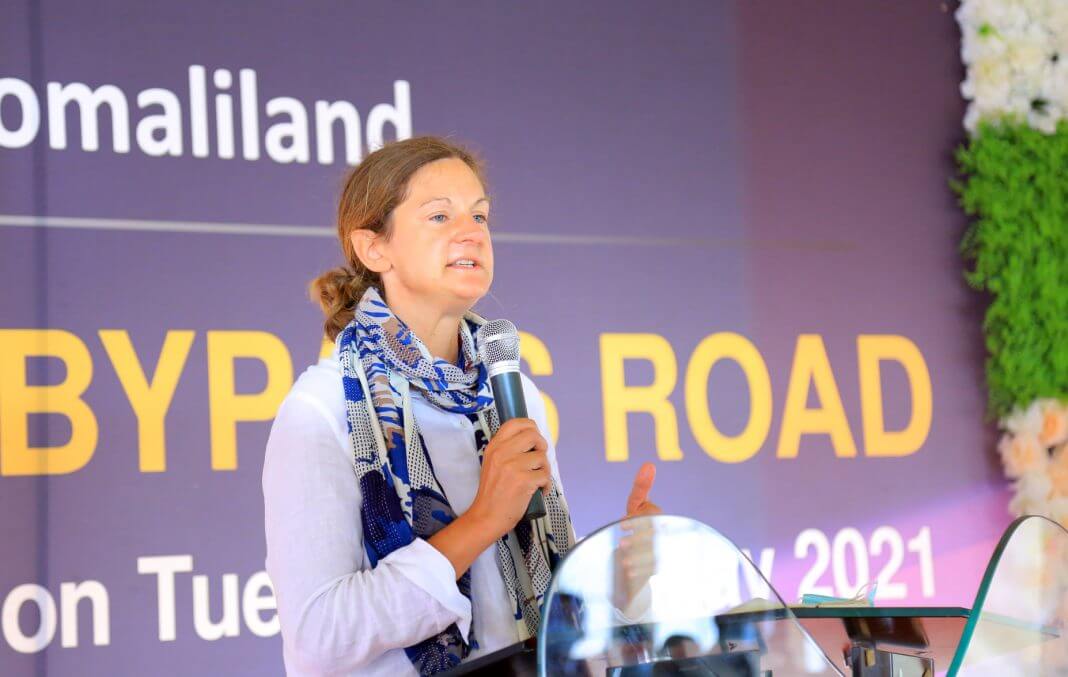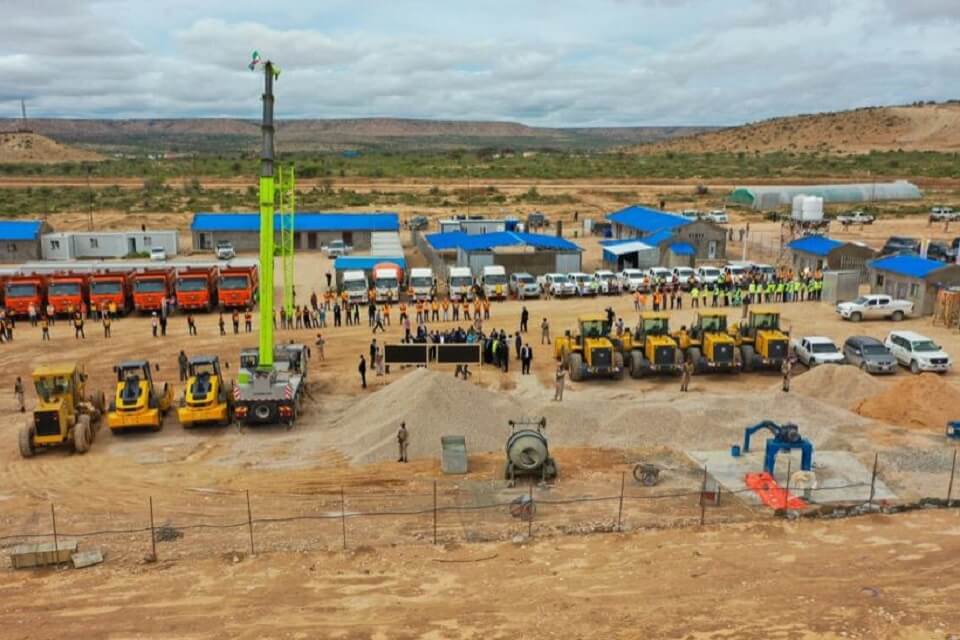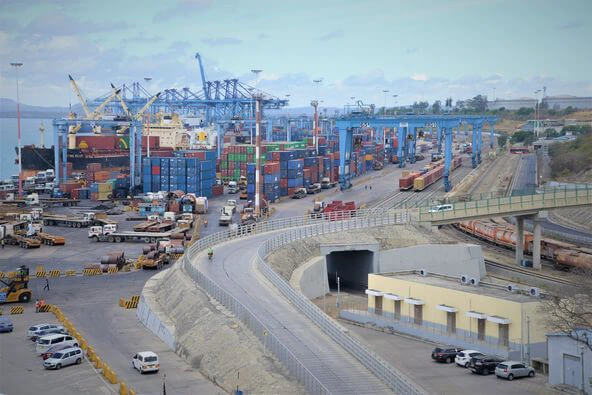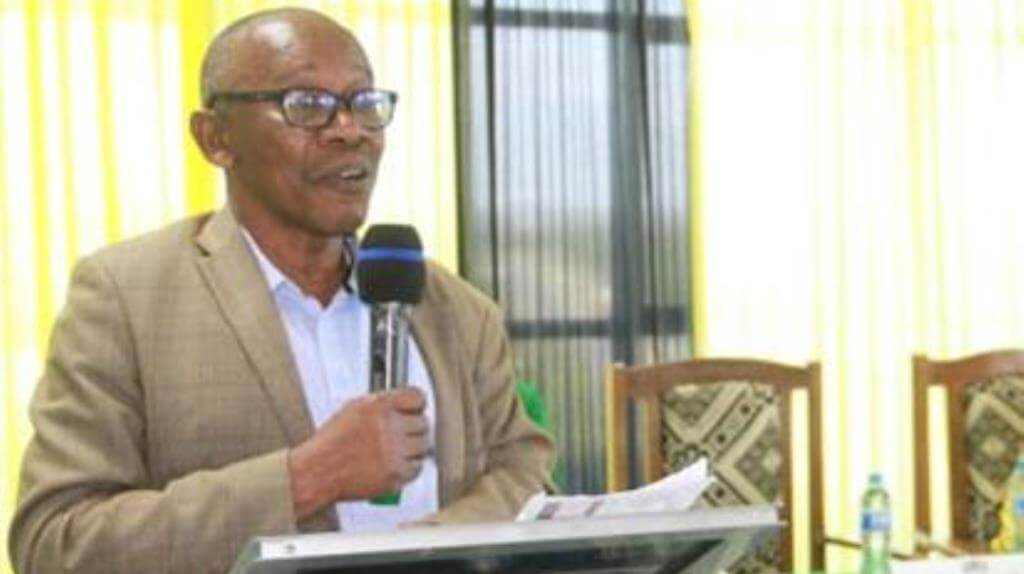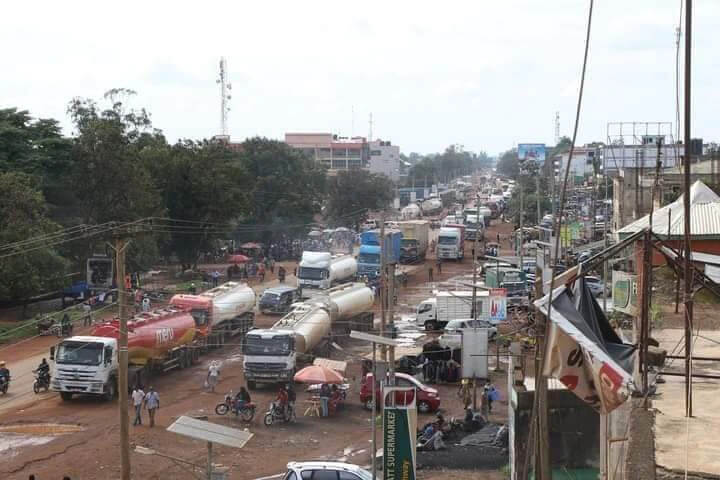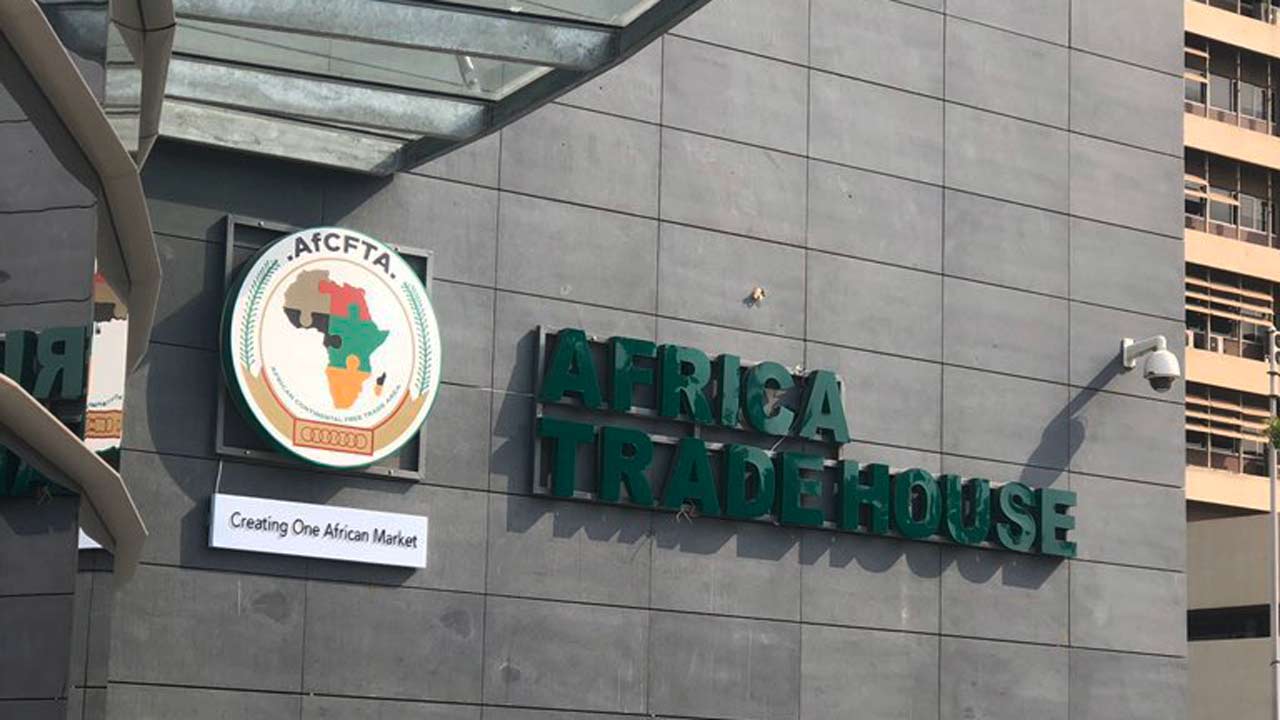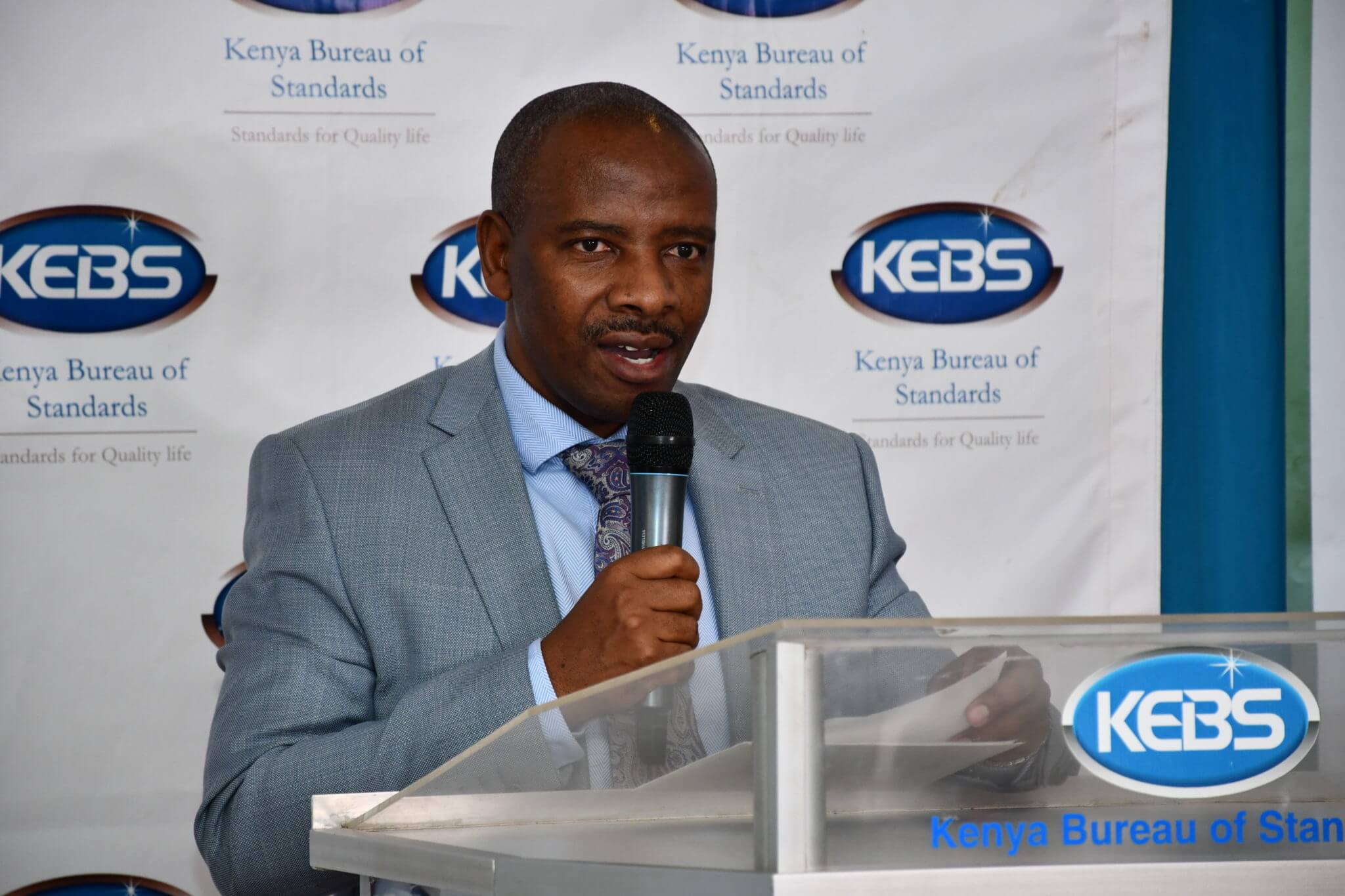In Summary Uhuru gave an ultimatum of two weeks to concerned state agencies to clear the jam of trucks at Namanga and Holili border crossings to allow free flow of trade. He also tasked the ministers of health from both countries to move with speed and streamline Covid-19 containment protocols required for traders to cross the borders unhindered. President Uhuru Kenyatta on Wednesday announced a raft of incentives aimed at wooing Tanzanian investors to Kenya including the lifting of work permit and visa requirements. Speaking in Nairobi during the Kenya-Tanzania Business Forum, Uhuru said his administration will do all in its power to eliminate all non-tariff barriers for Tanzanian investors coming to do business in Kenya. He cautioned Tanzanians and Kenyans against competing with each, and instead focus on creating a conducive environment for businesses to thrive. He added that he would like to see many investors from Tanzania coming to do business in Kenya. "I want to say this, Tanzanian investors are free to come and do business in Kenya without being required to have business visas or work permits. The only thing you will be required to do is to follow the laid down regulations and the laws that are in place,” Uhuru said. At the same time, the President gave an ultimatum of two weeks to concerned state agencies to clear the jam of trucks at Namanga and Holili border crossings to allow free flow of trade. He also tasked the ministers of health from both countries...
Uhuru’s list of goodies to woo Tanzanian investors
Posted on: May 5, 2021
Posted on: May 5, 2021

